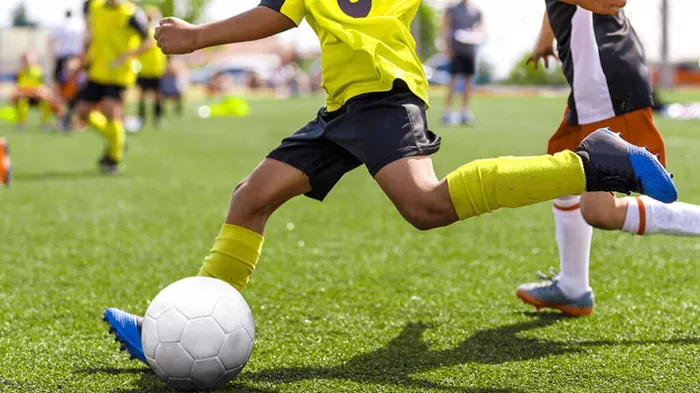The 2024 Olympics have underscored the intense physical and psychological pressures faced by athletes, from the burden of career-threatening injuries to the impact of relentless social media scrutiny. A recent comprehensive study conducted by Flinders University has brought to light significant concerns regarding sleep and mental health disorders among athletes, highlighting an urgent need for improved support systems within sports organizations.
The study surveyed nearly 1,000 athletes globally, offering detailed insights into their sleep quality and mental health status. The research focused on both current and retired athletes, examining the prevalence of these issues and the willingness of athletes to seek help. This survey is part of an extensive research initiative aimed at understanding the scope and nature of sleep and mental health disorders in the sporting world, addressing gaps in data across various sports, competition levels, and genders.
Ashley Montero, the lead author of the study, emphasized the growing necessity to protect athletes’ mental health throughout and beyond their careers. Montero’s findings reveal that both current and former athletes exhibit similar rates of sleep disturbances and mental health disorders.
“Our latest research provides valuable insights into the challenges athletes face during and after their careers, and how we can develop targeted support to address these issues,” said Montero, who is affiliated with Flinders’ SHAPE and FHMRI Sleep Health.
The study highlights notable gender disparities, with female athletes reporting higher rates of mental health disorders compared to their male counterparts. Women were found to experience elevated levels of anxiety, depression, and eating disorders.
“All athletes experiencing both sleep and mental health issues reported more significant struggles in daily life compared to those dealing with only one of these problems,” Montero noted. “Interestingly, whether an athlete is currently active or retired does not significantly affect the frequency of reported sleep or mental health issues, suggesting that retired athletes also face ongoing challenges.”
Montero pointed out that many athletes are reluctant to seek help within their sports organizations due to concerns about privacy, preferring to consult external doctors or psychologists. “Older athletes were found to be more likely to report issues, potentially because they are more comfortable seeking help as they age,” Montero added.
Professor Murray Drummond, Director of Flinders’ SHAPE and co-supervisor of Montero’s PhD study, highlighted the study’s implications for sports education and mental health strategies. “This research underscores the urgent need for customized mental health programs in sports that address gender differences and facilitate access to effective support,” said Drummond.
“By enhancing education and resources for athletes at all levels and stages of their careers, sports organizations can significantly contribute to creating a healthier environment for athletes,” Drummond concluded.
[inline_related_posts title=”You Might Be Interested In” title_align=”left” style=”list” number=”6″ align=”none” ids=”12018,12014,11909″ by=”categories” orderby=”rand” order=”DESC” hide_thumb=”no” thumb_right=”no” views=”no” date=”yes” grid_columns=”2″ post_type=”” tax=””]
































